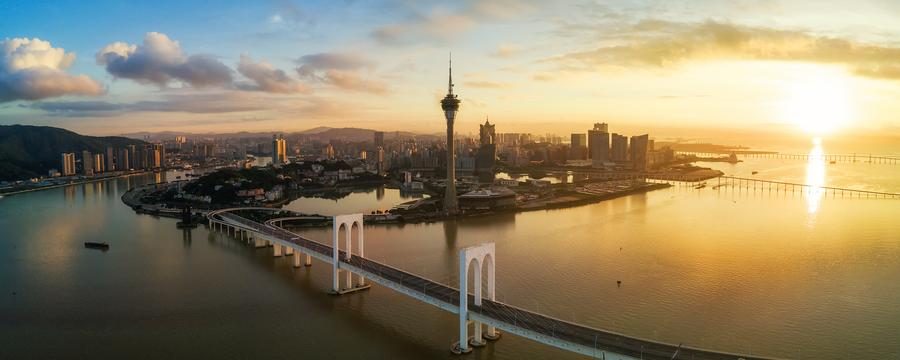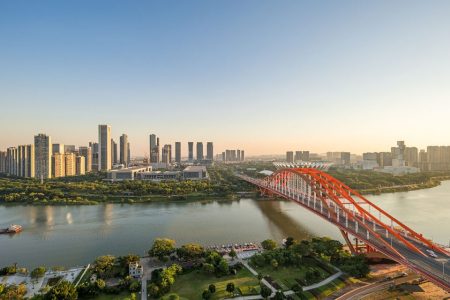The Macao government insisted today that the special administrative region is not being affected by deflation.
The Statistics and Census Bureau (DSEC) said in a statement that last month’s year-on-year decrease in the consumer price index did not mean that Macao had entered a deflationary cycle.
The bureau announced earlier this week that Macao’s composite consumer price index (CPI) dropped by 0.40 per cent year-on-year, the first decrease since December 2009.
Observers say that Macao has been hit hard by the impact of the novel coronavirus pandemic on the local economy, its gaming, tourism, retail and media sectors in particular.
The bureau acknowledged that last month’s CPI decline has caused concern in civil society.
However, the bureau insisted that negative CPI growth for just one month did not mean that Macao has been hit by deflation.
According to the statement, deflation only occurs after six consecutive months of negative inflation. “That’s why there is currently no deflation in Macao,” the statement said.
A 2003 study by the International Monetary Fund (IMF) defines deflation as “a sustained decline in an aggregate measure of prices such as the consumer price index [CPI] or the GDP deflator,” pointing out that “one or two quarters of price declines, while technically constituting deflation, would not be worrying.”
The study admitted, however, that “even mild but continuous deflation could be a cause of concern, as it may increase economic uncertainties, distort allocation, entail distributional consequences, and lead to subpar growth performance.”
The DSEC statement pointed out that since the outbreak of the COVID-19 pandemic at the beginning of this year, most price indices in Macao have “basically” remained stable.
The bureau also underlined that for the 12 months ended last month, the average composite CPI rose by 1.70 percent from the previous period (October 2018 to September 2019).
(The Macau Post Daily/Macau News)
PHOTO © Macaulink






